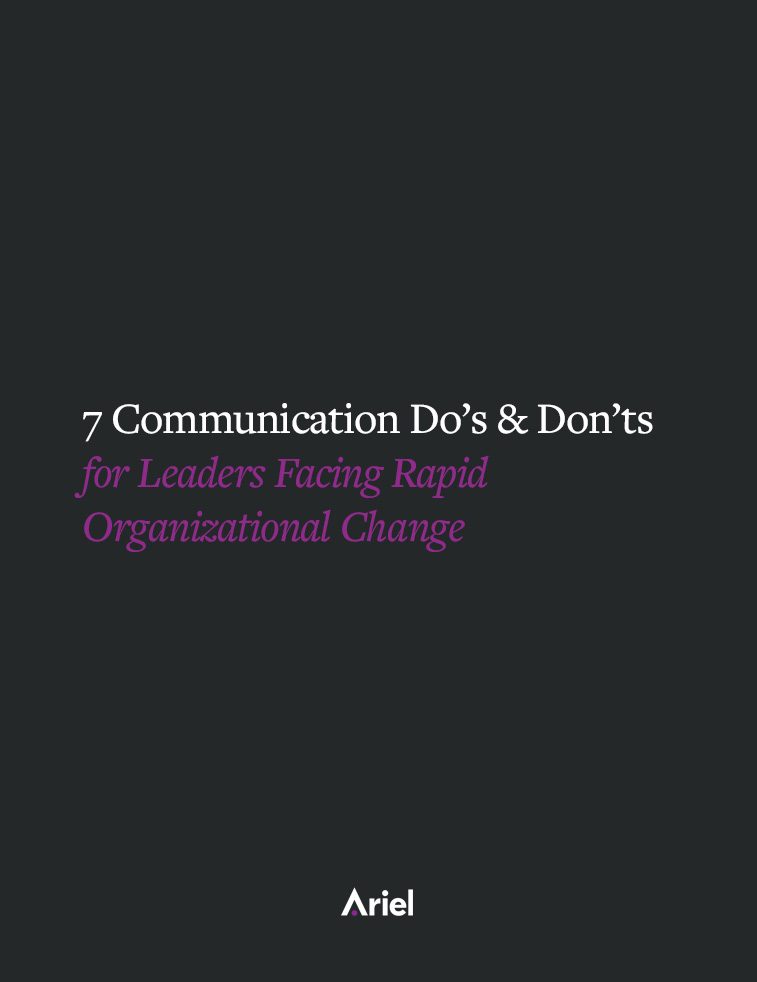The Holiday Party

Observe how the most high-status people act and carry themselves. What is their body language?
The Holidays, with office parties, neighborhood get-togethers, and various seasonal soirees, is a great time to both observe and practice your Personal Presence (how you project your presence through vocal and physical expressiveness). We aren’t talking about just manners here–your body language and vocal signals can actually shape the assumptions people make about you.
Keith Johnstone, the father of improvisational theater, says, “Our behavior – reinforced by our appearance – signals our importance or lack of importance.”
At your next gathering (perhaps when cornered by a co-worker who is droning on about his son’s soccer statistics or daughter’s SAT scores) try playing the Personal Presence Party Game.
The Personal Presence Party Game
If you know most of the people in the room:
Observe how the most high-status people act and carry themselves. What is their body language? How do they hold their head or move their eyes? How do they use vocal tone or perhaps even silence to establish a confident presence that draws people to them and grants credibility to what they say? If you didn’t know them, would you be able to guess their relative status by their body language?
If you DON’T know most of the people in the room:
When you arrive at the party, subtly scan the scene and notice how everyone is interacting with each other. Who do you think has the lowest status? What physical or vocal behaviors shape your opinion?
Here is a list of personal presence signals to consider as you play party observer:
- Eye contact–steady or unsteady?
- Head movement–a little or a lot?
- Face touching–a little or a lot?
- Stance–feet firmly planted or shifting from side to side?
- Voice–warm and confident, or high-pitched and forced?
- Body Language–deliberate and relaxed or nervous and fidgety?
Which behaviors signal high presence and high-status?
Now take a look at yourself.
What subtle or not so subtle cues are you giving off? Social gatherings can be high stress environments in which our nervousness can betray us. We may talk too fast or touch our face too often or avoid eye contact–all actions that undermine our presence by “broadcasting” a lower level of confidence or status. Try experimenting with one or two of the personal/executive presence signals from the list above and see how they might affect the way people respond.
We all have something interesting to contribute in every environment; our behavioral signals can reinforce or undermine our important messages.
